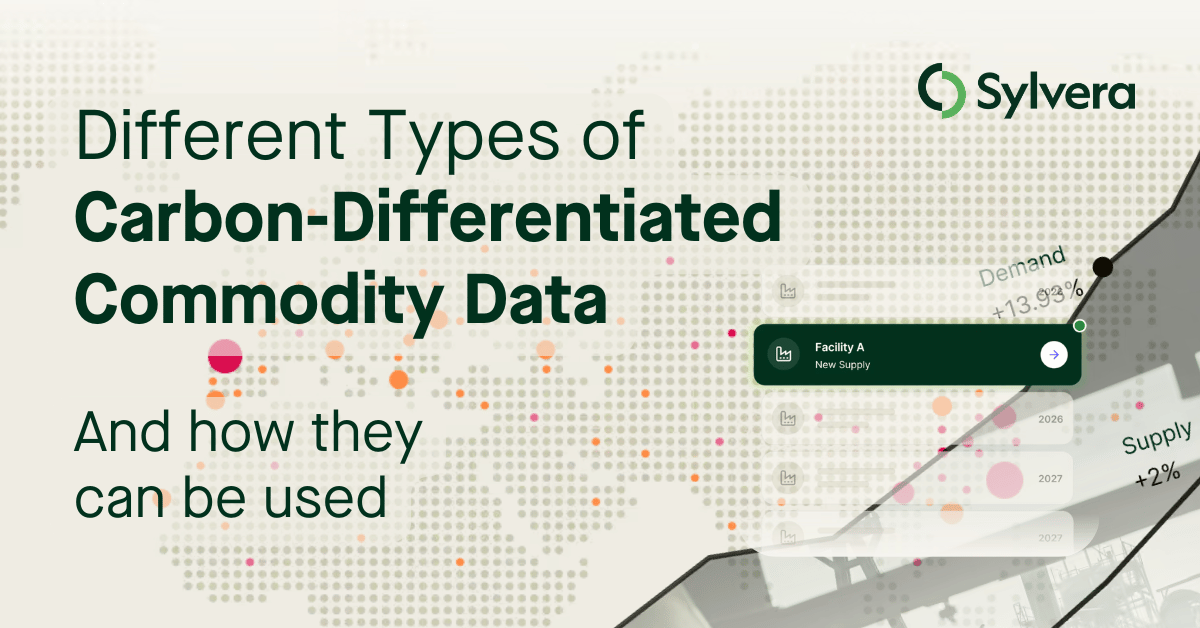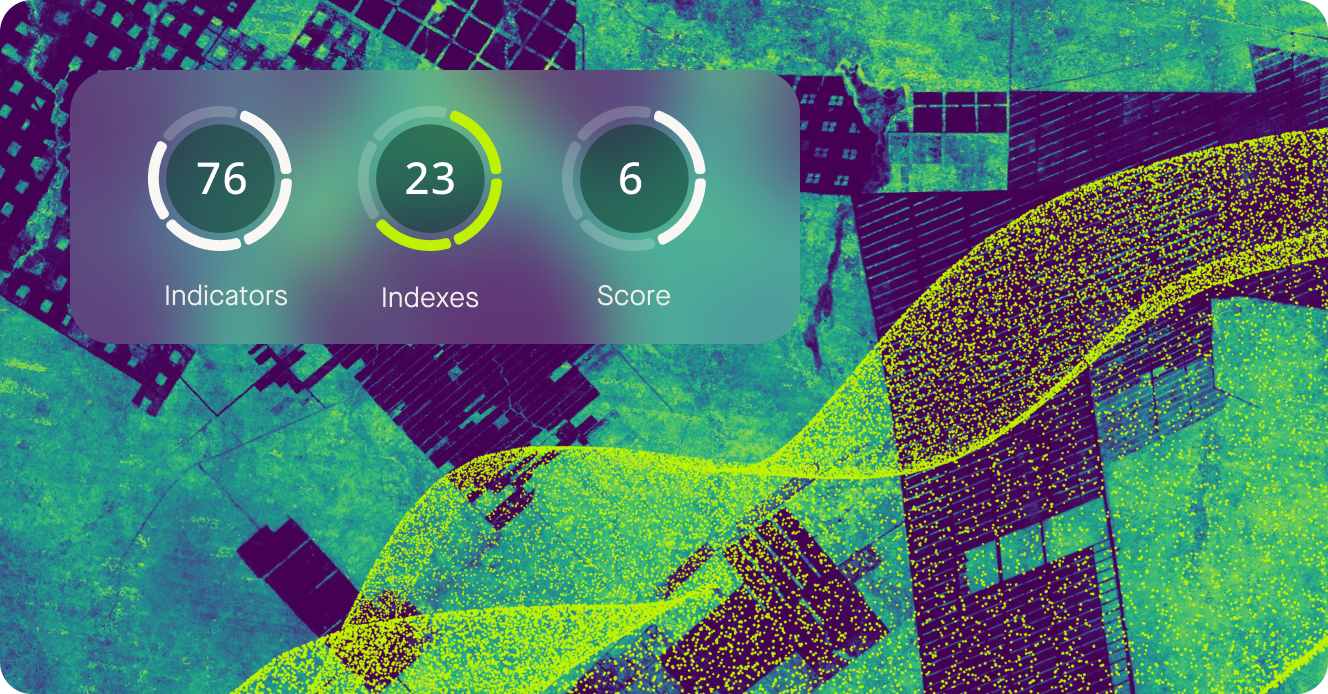“Over the years we’ve invested significantly in our field data team - focusing on producing trusted ratings. While this ensures the accuracy of our Ratings, it doesn’t allow the scale across the thousands of projects that buyers are considering.”
For more information on carbon credit procurement trends, read our "Key Takeaways for 2025" article. We share five, data-backed tips to improve your procurement strategy.

One more thing: Connect to Supply customers also get access to the rest of Sylvera's tools. That means you can easily see project ratings and evaluate an individual project's strengths, procure quality carbon credits, and even monitor project activity (particularly if you’ve invested at the pre-issuance stage.)
Book a free demo of Sylvera to see our platform's procurement and reporting features in action.
On 28 February 2022, the Intergovernmental Panel on Climate Change (IPCC) published the 2nd part of their 6th assessment report on climate change: Impacts, Adaptation and Vulnerability. We scanned the 3,500 pages to bring you 4 main takeaways that serve as a reminder of why we’re so passionate about fighting the climate crisis.
Much of the contents of the latest IPCC report are scary — the impacts of climate change are worse than we thought and many are becoming unavoidable. By the time the next cycle of reports are published, we may have missed our opportunity to avoid the worst effects of climate change. It highlights how important it is to act now to minimize the impacts of the climate crisis.
Want to learn more? In this article, we’ll cover what IPCC is, what IPCC reports are and some key takeaways from this latest report.
What is the IPCC?
The IPCC is a group of thousands of leading scientists, convened by the United Nations. The IPCC doesn’t conduct its own research on climate change, but compiles a systematic review of the best peer-reviewed scientific literature. The IPCC reports, therefore, give the most accurate overall picture of our current understanding of our changing climate.
What are the IPCC reports?
The IPCC published its first assessment report in 1990, with updates every 5–8 years to reflect our growing knowledge of climate science and the changes we are observing. Before publication, each report is approved by the 195 member governments.
Every cycle, a report is published by each of the three working groups, teams of experts on specific topics related to climate change.
These reports are:
I. The physical science basis
II. Impacts, adaptations and vulnerability
III. Mitigation of climate change.
The key points and overall messages from each cycle are summarized in a synthesis report.
The IPCC also publishes special reports outside of these assessment cycles, for example, the 2019 Special Report on Climate Change and Land.
What is the IPCC AR6: Impacts, Adaptation and Vulnerability report?
This report is part of the 6th assessment cycle (AR6). Working Group I’s report was published on 6th August 2021, and WG III and the synthesis report will be published later this year.
What did we learn from this report?
This is a detailed and extensive report. The full document is over 3500 pages. While it’s impossible to summarize all the information we learned, here are some highlights that stuck out the most to us:
1. This is an incredibly urgent problem.
The rate at which the climate is changing is rapidly increasing, even since the last report in 2014. This rate of change threatens to go beyond our ability to adapt. 40% of the world’s population is vulnerable to the effects of climate change we’re already feeling. The report stresses that significant action must be taken in this decade. “Any further delay in concerted anticipatory global action on adaptation and mitigation will miss a brief and rapidly closing window of opportunity to secure a liveable and sustainable future.”
2. The people suffering the most are the least responsible.
Vulnerability to climate change is correlated with less socio-economic development. However, we know that the most developed nations are disproportionately responsible for a hugely disproportionate share of the historical greenhouse gas emissions now causing climate change. We have a responsibility to address this problem.
3. Protecting ecosystems must be a priority.
Not only do land-based ecosystems currently remove more greenhouse gasses from the atmosphere than they emit, but we also rely on them to protect us from the worst impacts of climate change. “Degradation and destruction of ecosystems by humans increases the vulnerability of people.” We need to properly value ecosystems and their biodiversity, and work together with local governments and communities to project them.
4. We can’t give up hope.
There is still a pathway available to us to avoid the worst effects of climate change and stay below 1.5°C of warming. We can’t simply rely on future technology. We need to make fast, deep cuts to our emissions, invest in protecting ecosystems and help the most vulnerable people adapt to the changes that are already occurring.
As a mission-driven organization, committed to fighting climate change, this report is an important reminder of why what we do is so important.
Read more about what we do in our Company Overview: “What is Sylvera?”










.png)
